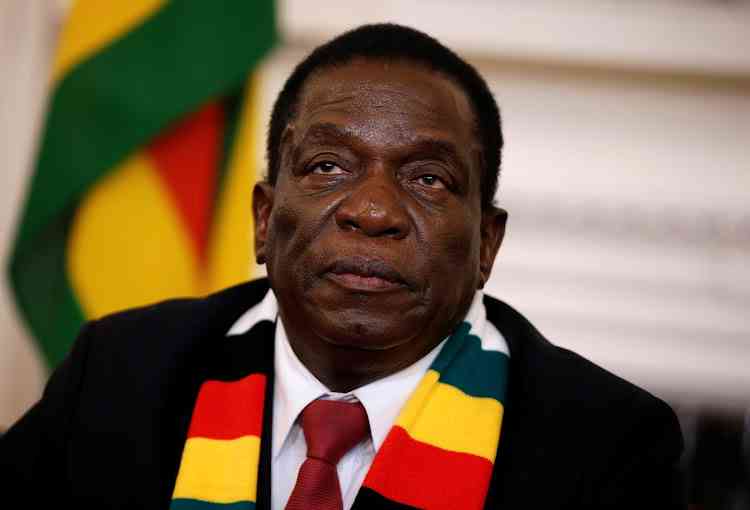
PRESIDENT Emmerson Mnangagwa never intended to sign the Private Voluntary Organisations (PVOs) Amendment Bill, but made noise about the Bill as part of plans to intimidate civil society organisations ahead of the August 23 and 24 polls, non-governmental organisations have claimed.
Mnangagwa referred the PVOs Bill back to Parliament just before the polls.
The Bill, which had sailed through the National Assembly and Senate, but had not been signed and published in the Government Gazette, lapsed when Parliament was dissolved on the eve of the harmonised elections last month.
Representatives of non-governmental organisations (NGOs) who spoke to NewsDay this week, said the PVOs Amendment Bill was only meant to intimidate and suppress the NGOs which were viewed as a threat to Mnangagwa’s bid for re-election.
Crisis in Zimbabwe Coalition spokesperson Obert Masaraure said Mnangagwa would take his time to sign the Bill as it was a clear attempt to intimidate and silence civil society.
“Mnangagwa achieved his objectives by threatening to sign the PVOs Bill into law. NGOs were already adhering to the PVOs Bill before it was enacted into law,” said Masaraure.
“Mnangagwa wanted to make sure that the CSOs were not going to have much of a say in the last election because people were scared that they would be deregistered. Now that he has secured his position as President, there is no need to rush into signing the Bill into law now; he is now looking at other issues, especially the economy.”
He said civil society organisations understood that there was a large portion of the economy which was benefiting from donations while most foreign currency was coming from that sector.
- Village Rhapsody: Zanu PF must revisit its ruinous stance on NGOs
- Detained CCC activist falls sick
- Zanu PF youths run amok at court
- Zim urged to abolish death penalty
Keep Reading
Legal think-tank, Veritas said the PVOs Amendment Bill should be discarded because it was vague and badly drafted.
“The Bill was a most unsatisfactory one: vague, badly drafted and in many respects unconstitutional. The President himself had such serious reservations about it that he referred it back to Parliament. The new minister should take the opportunity to reconsider it completely, perhaps even to scrap it,” Veritas said.
“When Parliament was dissolved on the 22nd August, immediately before polling day in the general election, there was no longer a Bill for the President to refer back to Parliament, however, justified his reservations about it may have been.”
Veritas further said all the Bills which failed to pass in the National Assembly or Senate before Parliament was dissolved became invalid.
The Bills include the Insurance Bill, the Medical Services Amendment Bill, the Mines and Minerals Bill, the Insurance Bill and the Insurance and Pensions Commission Amendment Bill and the Financial Adjustments Bill.
There are some Bills which were passed in Parliament, but had not been gazetted into Acts, These include: The Child Justice Bill, the Institute of Chartered Loss Control and Private Security Management Bill and the Police Amendment Bill.
Zimbabwe Human Rights NGO Forum acting director Wilbert Mandinde said there were important questions which needed to be addressed over the Bills.
“In terms of the law, any Bill which was under consideration by the 9th Parliament would have lapsed on 27 August. As it stands the PVOs Bill was deemed to have lapsed and there is nothing that the President will be referring to Parliament.
“We are having the 10th Parliament and ordinarily we know that the President sets out the legislative agenda. What’s important to note is that there is no Bill,” he said.







